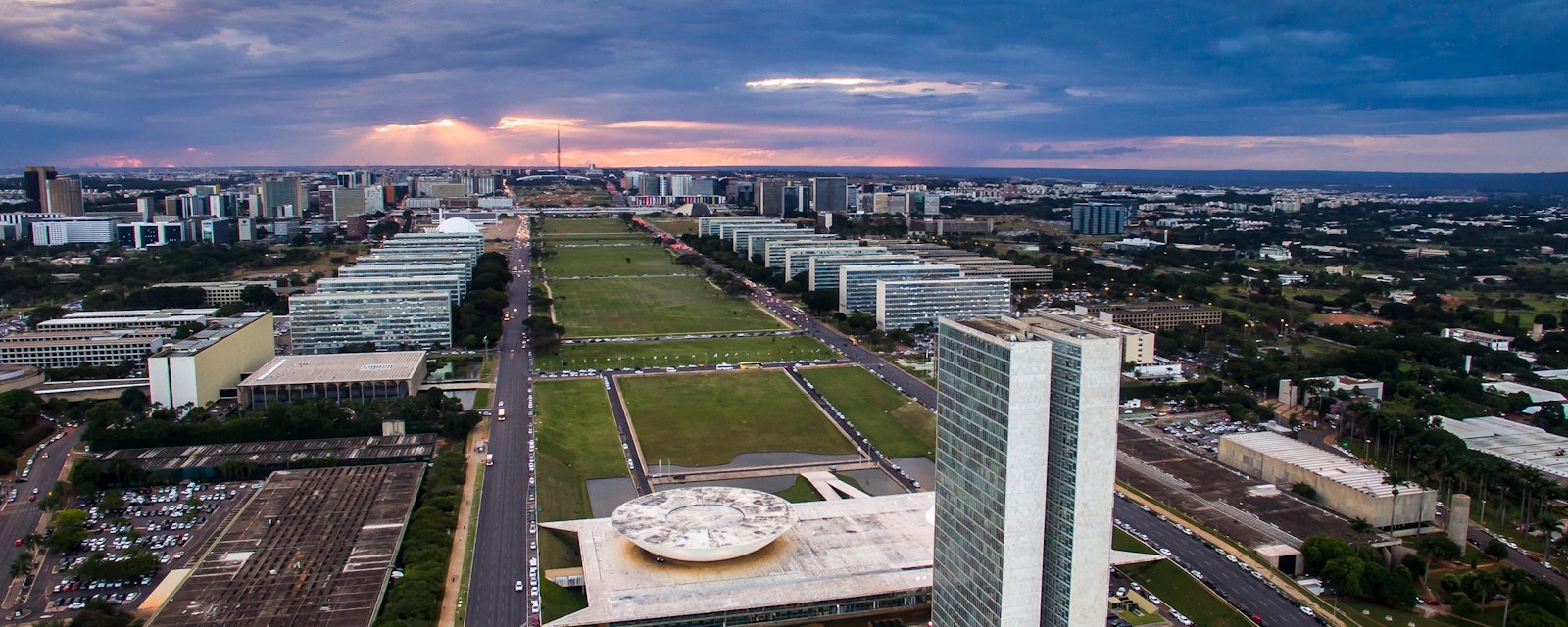The three branches of government are acting fast to restore normalcy in the second week of Luiz Inacio Lula da Silva’s administration following the storming of government buildings yesterday, 8 January.
Existing protesting impetus should wane with the arrests of protestors and decisions implicating governors and mayors who do not comply with a rule to suppress anti-democratic protests. The political establishment should reduce its support of former president Jair Bolsonaro even further.
The day after the storming and ransacking of the Presidential Palace, Congress, and the Supreme Court by supporters of former president Jair Bolsonaro has seen a sweeping reaction by the three branches of government. Heads of the administration, Congress, and the Judiciary have met and governors will meet with President Luiz Inacio Lula da Silva at the end of 9 January. The quick response by federal authorities contrasts starkly with the lack of security provided at the buildings that were attacked. Brasilia is officially under federal intervention until 31 January.
These are the main takeaways and signposts to watch following yesterday’s unrest:
Institutional security: In addition to the apparently deliberate leniency of the Brasilia district government towards the protestors, there have been questions as to how security at the sites could be so absent and how inadequate the intelligence was in the new administration. The Presidency’s Institutional Security Cabinet (GSI) was not fully operational in the wake of Lula’s inauguration on 1 January, which explains some of the oversight. Videos showed how the military police not only failed to deter insurgents but also seemed to welcome them.
Crime and punishment: More than 1,200 protestors have been arrested and could face terrorism charges (with potential penalties up to 30 years in jail). A decision by Supreme Court (STF) Judge and electoral court president (TSE) Alexandre de Moraes, in addition to suspending the Brasilia governor for 90 days, has ruled for the dismantling of all camps in front of military bases around the country in the next 24 hours. He has also ruled in favor of the accountability of governors and mayors in case of non-compliance. Moraes has also required the blocking of 17 anti-democratic accounts, profiles, and channels by Facebook, Tik Tok, and Twitter under penalty of a daily fine of BRL 100,000 in case of disobedience.
Weakness and strength: Yesterday’s events certainly revealed the fickle balance between democratic normalcy and fringe political dysfunction, with potential significant implications for governability. Yet, from a strictly political expediency standpoint, storming and ransacking by Bolsonaristas is the justification that was missing for the Lula administration, Congress, and the Judiciary to be categorical in their actions to end anti-democratic protests, the rejection of election results, and calls for a military coup. The administration was careful in defying protestors when they just camped in front of military bases awaiting a coup that never came. Rioting and vandalism on the scale of yesterday’s unrest was a different matter.
Cabinet implications: Justice Minister Flavio Dino has been accessible and responsive but may be seen as having failed to gather sufficient intelligence, anticipate events, and act accordingly to prevent the worst. That should not suffice for his ousting, however. The case of Defense Minister Jose Mucio Monteiro is more sensitive since he is perceived as having been too soft on Bolsonaro supporters who, according to him, were simply exerting their democratic rights when camping incfront of military bases and calling for a military coup. Mucio is originally from a rightwing party (PTB) and voted in favor of impeaching Lula’s successor Dilma Rousseff in 2016, when he was in the public accounts court (TSU). He may be the only political casualty following yesterday’s events - if there are indeed any.
Congressional moves: Bolsonaro’s party, the liberals or PL, may now be less prone to support him. PL’s president, Valdemar Costa Neto, should distance himself from the former president in order to avoid further complications with the political and judicial establishments (he was arrested in 2012 during the mensalao bribery scandals). House Speaker Arthur Lira’s party, the progressives or PP, may also become less divided in its allegiances, particularly as Lira has to pose as a democracy defender.
Bolsonaro blues: The former president has been in Florida since 30 December. It was expected that he would be invited for New Year’s at Mar-a-Lago but that did not materialize. Bolsonaro had been mostly silent since losing the election on 30 October. On the day of the ransacking, he posted a message condemning depredations and invasions of public buildings, comparing them to similar acts practiced by the Left. Brazil will not request an extradition from the US but his visa, an A-1, may be considered irregular since it only applies to heads of state; these are normally canceled once the visa-holder leaves office.
Worst-case scenario: Insubordination and non-compliance with federal decisions by the three branches of government is possibly the worst-case scenario for the current state of affairs in Brazil. It seems unlikely given how the security forces have been acting since federal authorities started to react against the rioters. The risk should also be further mitigated by engaging state governors to collaborate in curtailing anti-democratic protests. Additionally, sectors that have supported Bolsonaro and could cause economic shocks or paralysis, such as air or road transportation, may still require special attention.




